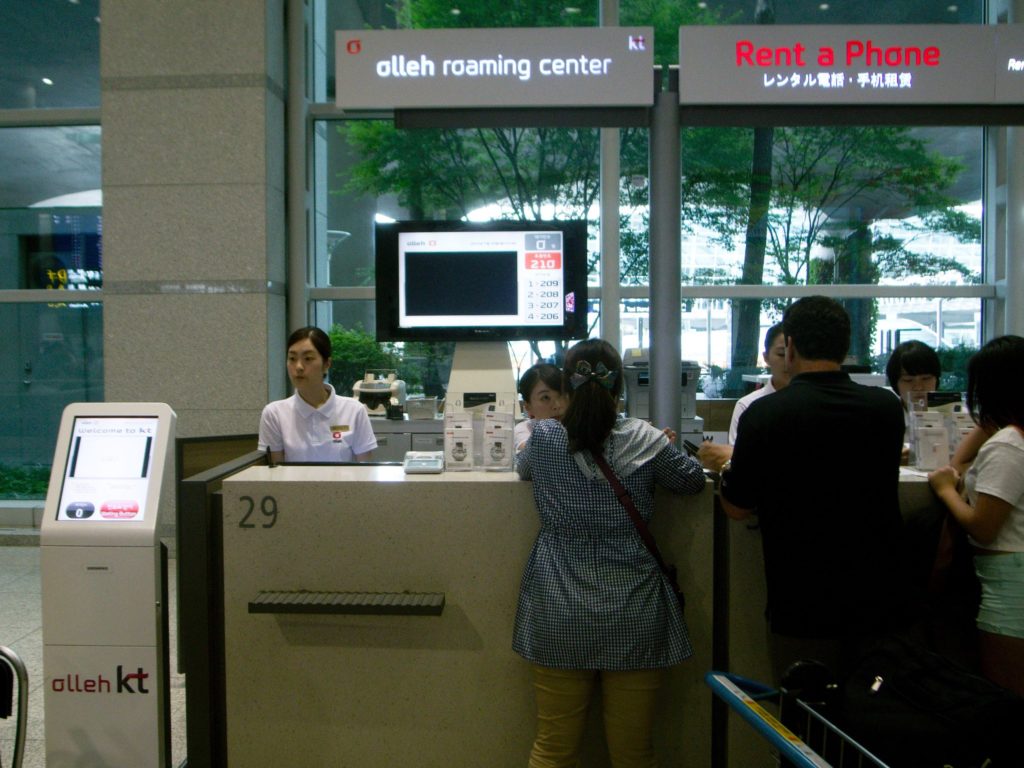The Peninsula
Poor Emotional Labor Conditions

A survey from August to October 2021 found that 48% of call center workers thought about taking their own lives. They cited economic difficulty from below living-wage standards and mental stress from customers’ verbal abuse as two primary reasons for their suicidal thoughts. Furthermore, 25% of respondents responded that they experienced heavy workload and unfair treatment from the companies, such as unrealistic pressure on their performance.
The national government implemented a new labor law in 2018 and defined anyone in sales or service industries as an emotional worker. The new law mandated employers to provide adequate measures and employees to request protections from customers’ verbal abuse. Also, the new law sought to protect workers from unreasonable layoffs from their requests for protection.
Public discourse on improving working conditions for people engaged in emotional labor began in December 2014 when Korean Air Vice President Cho Hyun-ah abused a flight attendant over a bag of nuts. In response, The Seoul Metropolitan Government implanted a new by-law in 2016 to protect any call center workers on the city government’s payroll. The by-law provides a guideline for fundamental labor rights such as proper working conditions, a manual on protecting workers from customers, and education programs to improve physical and mental health.
These developments inspired the formation of new labor rights watchdog institutions like the Seoul Emotional Labor Center. Other regional governments in Busan and Gwangju adopted similar measures. In 2018, the national government followed the Seoul Metropolitan Government’s footstep by implementing a new labor law.
However, according to a labor rights watchdog group’s report in 2019, the new law fails to protect the majority of workers in sales and customer service. They claimed, “the government does not investigate poor working conditions and abuses when workers do not report, and even if they investigate, 80% of cases are closed unpunished.”
This briefing comes from Korea View, a weekly newsletter published by the Korea Economic Institute. Korea View aims to cover developments that reveal trends on the Korean Peninsula but receive little attention in the United States. If you would like to sign up, please find the online form here.
Korea View was edited by Yong Kwon with the help of Kayla Harris, David Lee, Sarah Marshall, and Mai Anna Pressley. Picture from the flickr account of Jon Åslund
